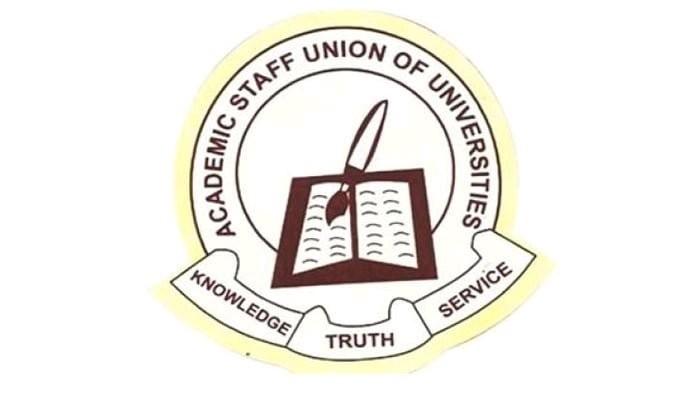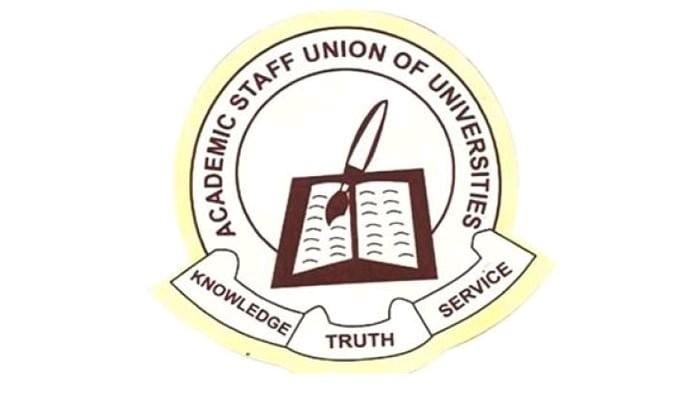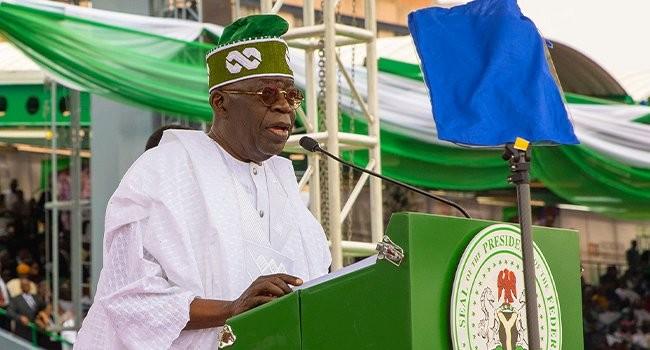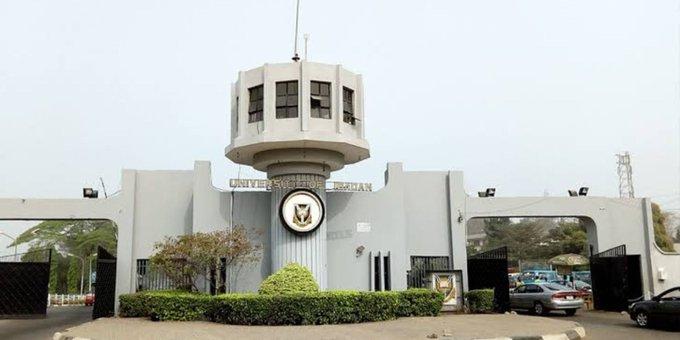UI Law Graduate Sues Nigerian Law School, Seeks Readmission Eight Years After 2017 Expulsion, Demands N100m Damages
A University of Ibadan (UI) law graduate and activist, Kayode Bello, has filed a suit at the Federal High Court in Ibadan seeking an order compelling the Nigerian Law School and the Council of Legal Education to readmit him after his 2017 expulsion. Bello argues that the Law School’s regulations do not permanently bar his return and that new evidence, including an alleged withheld pardon letter, undermines the basis of his expulsion. He accused Law School authorities of disobeying a court order that allowed him to sit for Bar finals and named multiple respondents, including the Minister of Education and UI officials. The case, slated for hearing on January 27, 2026, also includes a N100 million damages claim for alleged denial of justice, psychological trauma, and prolonged hardship.
A University of Ibadan (UI) law graduate and activist, Kayode Bello, has filed a suit at the Federal High Court in Ibadan seeking an order compelling the Nigerian Law School and the Council of Legal Education to readmit him after his 2017 expulsion. Bello argues that the Law School’s regulations do not permanently bar his return and that new evidence, including an alleged withheld pardon letter, undermines the basis of his expulsion. He accused Law School authorities of disobeying a court order that allowed him to sit for Bar finals and named multiple respondents, including the Minister of Education and UI officials. The case, slated for hearing on January 27, 2026, also includes a N100 million damages claim for alleged denial of justice, psychological trauma, and prolonged hardship.
UI Law Graduate Sues Nigerian Law School, Seeks Readmission Eight Years After 2017 Expulsion, Demands N100m Damages
A University of Ibadan (UI) law graduate and activist, Kayode Bello, has filed a suit at the Federal High Court in Ibadan seeking an order compelling the Nigerian Law School and the Council of Legal Education to readmit him after his 2017 expulsion. Bello argues that the Law School’s regulations do not permanently bar his return and that new evidence, including an alleged withheld pardon letter, undermines the basis of his expulsion. He accused Law School authorities of disobeying a court order that allowed him to sit for Bar finals and named multiple respondents, including the Minister of Education and UI officials. The case, slated for hearing on January 27, 2026, also includes a N100 million damages claim for alleged denial of justice, psychological trauma, and prolonged hardship.
0 Comments
·0 Shares
·193 Views












